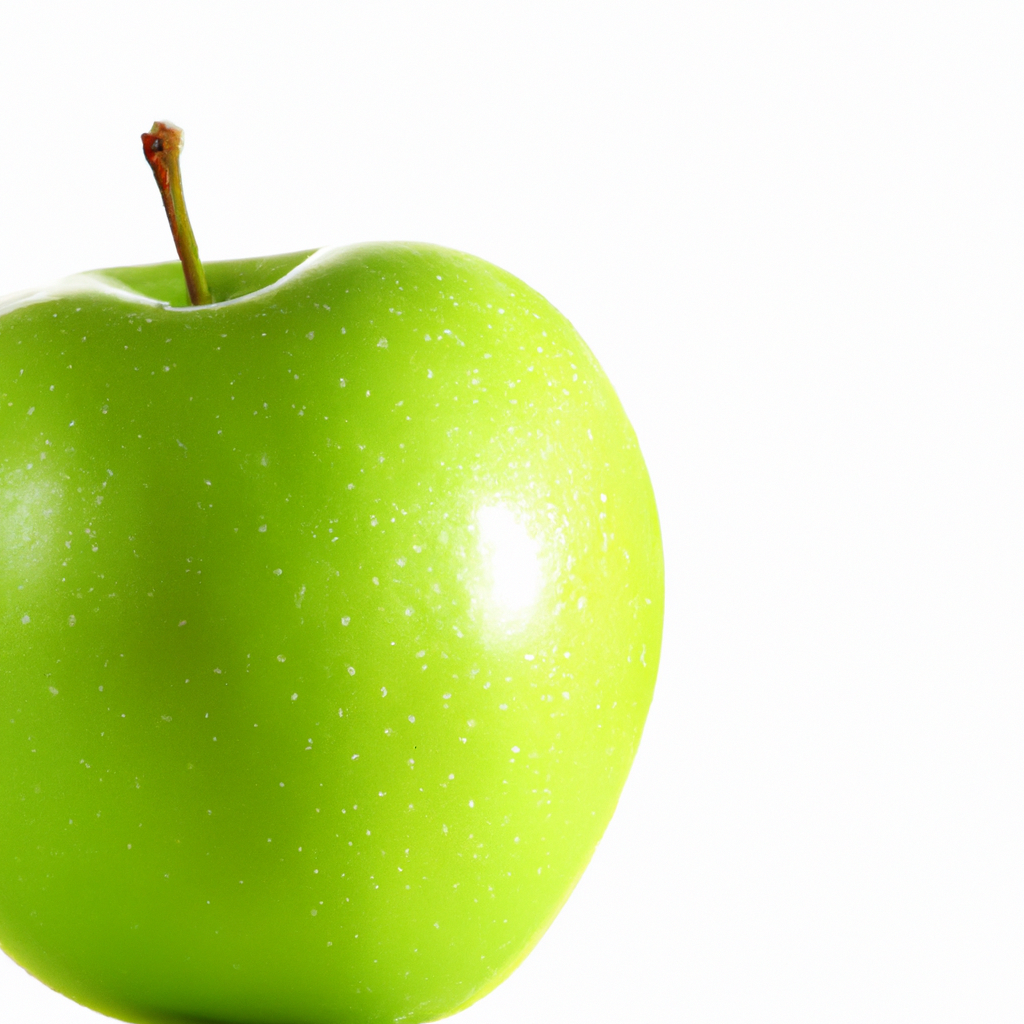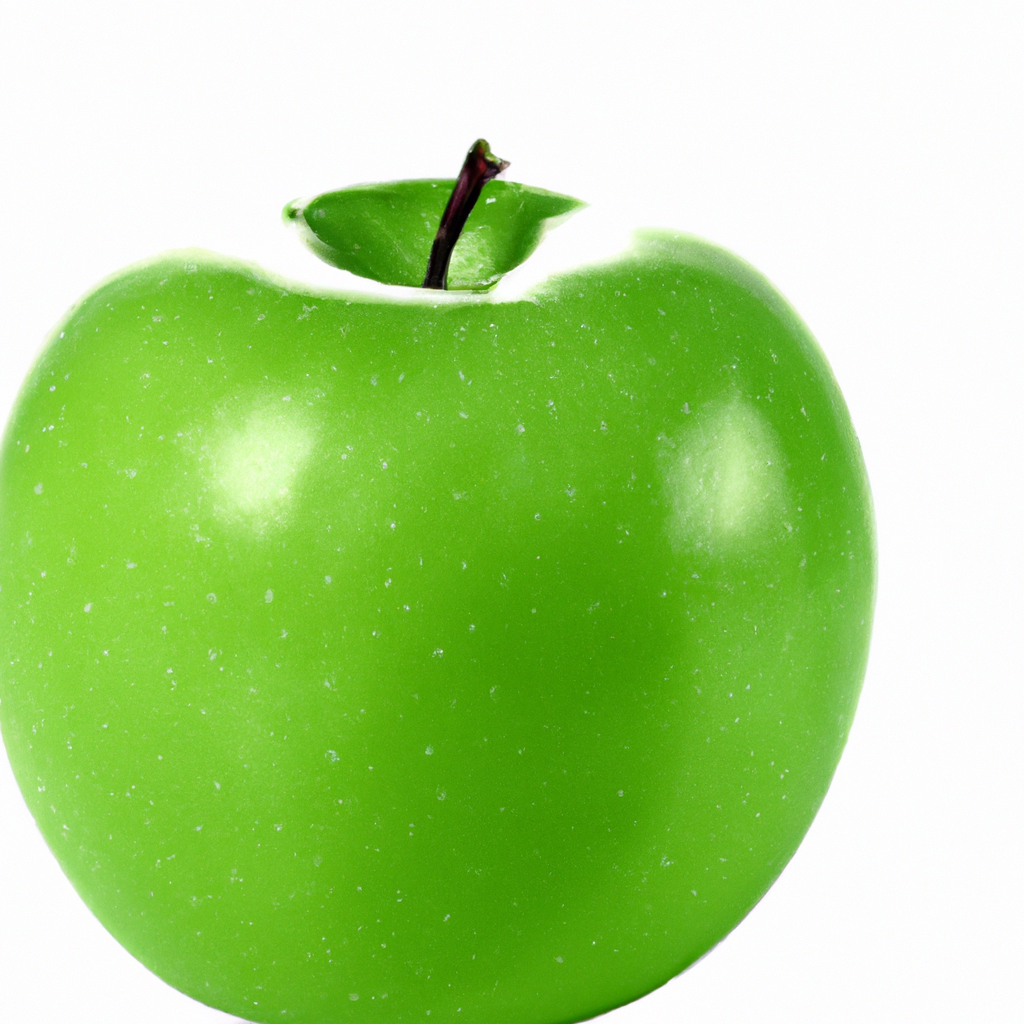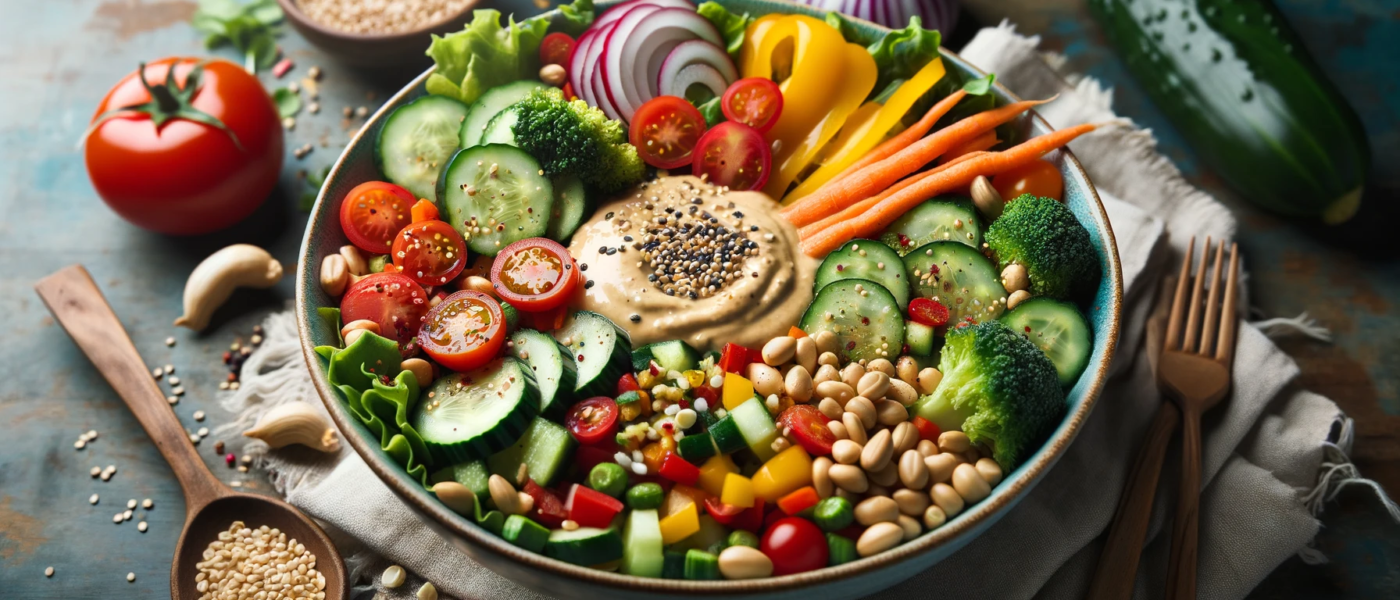Is It Possible To Lose Weight On A Vegetarian Or Vegan Diet?
Are you considering a vegetarian or vegan diet and wondering if it can help you shed those extra pounds? Many people have asked themselves the same question. In this article, we will explore the possibility of losing weight on a vegetarian or vegan diet and provide you with some helpful insights. So, if you’re curious about how these plant-based diets can contribute to your weight loss journey, keep reading!
Reasons for Choosing a Vegetarian or Vegan Diet
Health benefits
One of the main reasons people choose a vegetarian or vegan diet is for its health benefits. Research has shown that these diets can be associated with lower risks of heart disease, high blood pressure, type 2 diabetes, and certain types of cancer. By eliminating or reducing the intake of animal products, you can increase your consumption of fruits, vegetables, whole grains, and plant-based proteins, which are rich in essential vitamins, minerals, and antioxidants that promote overall health and wellbeing.
Ethical reasons
For many, following a vegetarian or vegan diet is a way to align their lifestyle choices with their ethical beliefs. Choosing not to consume animal products helps to reduce the demand for factory farming, which involves inhumane practices and the excessive use of resources. By opting for a plant-based diet, you are contributing to the welfare of animals and promoting a more sustainable and compassionate world.
Environmental concerns
Following a vegetarian or vegan diet can have a positive impact on the environment. Animal agriculture is a significant contributor to greenhouse gas emissions, deforestation, and water pollution. By reducing the demand for animal products, you can help mitigate these environmental issues. Plant-based diets also tend to require fewer resources, such as land and water, making them more sustainable in the long term.
Understanding Weight Loss
Caloric deficit
Weight loss occurs when you consume fewer calories than your body needs, resulting in a caloric deficit. A pound of body weight is roughly equivalent to 3,500 calories, so creating a deficit of 500 to 1,000 calories per day can lead to a safe and sustainable weight loss of 1 to 2 pounds per week. However, it’s important to remember that individual calorie needs vary based on factors such as age, gender, activity level, and metabolism.
Healthy weight loss rate
A healthy rate of weight loss is generally considered to be around 1 to 2 pounds per week. Losing weight too quickly can result in muscle loss, nutrient deficiencies, and a higher likelihood of regained weight. It’s important to prioritize gradual and sustainable weight loss for long-term success.
Factors influencing weight loss
Various factors can influence weight loss, including genetics, hormonal balance, sleep quality, stress levels, and underlying medical conditions. While a vegetarian or vegan diet can support weight loss, it’s essential to consider these individual factors and seek professional guidance if needed.

Challenges of Losing Weight on a Vegetarian or Vegan Diet
High-calorie plant-based foods
While plant-based diets are generally lower in calories than diets containing animal products, there are still high-calorie plant-based foods that can hinder weight loss efforts. These may include processed snacks, fried foods, sugary beverages, and refined grains. It’s important to choose whole, unprocessed foods and be mindful of portion sizes to maintain a caloric deficit.
Lack of essential nutrients
A poorly planned vegetarian or vegan diet can potentially lead to nutrient deficiencies. Key nutrients like vitamin B12, iron, calcium, omega-3 fatty acids, and zinc are primarily found in animal-based foods, so it’s important to ensure adequate intake through fortified plant-based alternatives or dietary supplements. Consulting with a registered dietitian can help address individual nutrient needs and prevent deficiencies.
Food portions and satiety
Vegetarian and vegan diets tend to be rich in fiber, which can promote feelings of fullness and satiety. However, not all plant-based foods are created equal in terms of calorie density. It’s essential to be mindful of portion sizes, especially with higher-calorie plant-based foods like nuts, avocados, and plant-based oils. Balancing energy-dense foods with low-calorie, nutrient-dense foods can help maintain a calorie deficit while keeping you satisfied.
Key Factors for Weight Loss on a Vegetarian or Vegan Diet
Calorie control
Calorie control is a fundamental aspect of weight loss on any diet, including a vegetarian or vegan one. To achieve weight loss, it’s crucial to track your calorie intake and ensure you are consistently consuming fewer calories than you burn. This can be done by using food diaries, smartphone apps, or consulting with a registered dietitian specializing in vegetarian or vegan nutrition.
Nutrient-rich whole foods
To promote weight loss and overall health, prioritize nutrient-rich, whole plant foods in your diet. These include fruits, vegetables, whole grains, legumes, nuts, and seeds. They are packed with essential vitamins, minerals, fiber, and antioxidants, while being relatively low in calories. By focusing on these foods, you can meet your nutrient needs while promoting weight loss.
Balanced macronutrient intake
Another key factor for weight loss is achieving a balanced macronutrient intake. Include adequate protein sources like legumes, soy products, and plant-based protein powders to support muscle maintenance and satiety. Incorporate healthy fats from sources like avocado, nuts, and seeds, as well as complex carbohydrates from whole grains and starchy vegetables. Strive for a balanced distribution of macronutrients to optimize weight loss and overall health.

Effective Strategies for Weight Loss on a Vegetarian or Vegan Diet
Increase vegetable consumption
Vegetables are low in calories and high in fiber, making them an excellent choice for weight loss. Focus on incorporating a variety of vegetables into your meals, both cooked and raw, to increase your nutrient intake while keeping calorie counts low. Try experimenting with different cooking methods and seasonings to enhance their flavors and make them more enjoyable.
Choose high-fiber foods
Fiber-rich foods help to promote satiety and regulate blood sugar levels. Opt for whole grains like quinoa, brown rice, and oats, as well as legumes and pulses like lentils, chickpeas, and black beans. These foods are not only packed with fiber, but they also provide a good source of plant-based protein, which contributes to feelings of fullness and can aid in weight loss.
Incorporate plant-based proteins
Protein is an essential nutrient for weight loss, as it helps to preserve lean muscle mass and promote feelings of fullness. Vegetarian and vegan diets can provide ample protein through sources like tofu, tempeh, seitan, edamame, and plant-based protein powders. Include a variety of these protein sources throughout the day to meet your protein needs and support weight loss.
Optimize meal timing
Meal timing can play a role in weight loss on a vegetarian or vegan diet. Eating smaller, frequent meals throughout the day can help maintain satiety and prevent overeating. Consider incorporating fasting periods or time-restricted eating, where you limit your eating window to a specific timeframe, to promote weight loss. Experiment with different meal timing strategies to find what works best for you.
Manage portion sizes
Portion control is crucial for weight loss, regardless of the dietary pattern you follow. Be mindful of portion sizes, especially with high-calorie plant-based foods like nuts, nut butters, and oils. Use measuring cups or a kitchen scale to ensure accurate portion sizes. Additionally, incorporating smaller plates and bowls can help create the illusion of a fuller plate while consuming fewer calories.
Stay mindful of snacking
Snacking can sabotage weight loss efforts if not done mindfully. Choose healthy, plant-based snacks like raw vegetables with hummus, fruit, or a small handful of nuts. Avoid mindless snacking and emotional eating by practicing mindful eating techniques, such as eating slowly, savoring each bite, and paying attention to hunger and fullness cues.
Recommended Foods for Weight Loss on a Vegetarian or Vegan Diet
Leafy greens
Leafy greens like spinach, kale, and Swiss chard are low in calories and high in fiber. They are nutrient powerhouses that provide vitamins A, C, and K, as well as minerals like calcium and iron. Including these greens in your meals and salads can help boost nutrient intake while aiding in weight loss.
Cruciferous vegetables
Cruciferous vegetables such as broccoli, cauliflower, cabbage, and Brussels sprouts are packed with fiber and phytochemicals. They are low in calories and rich in vitamins C, K, and folate. Incorporating these vegetables into your meals adds volume and nutrients while reducing overall calorie intake.
Legumes and pulses
Legumes like lentils, chickpeas, and black beans are excellent sources of protein, fiber, and complex carbohydrates. They are versatile and can be used in a variety of dishes like soups, salads, and stir-fries. Including legumes in your diet can promote feelings of fullness and aid in weight loss.
Whole grains
Whole grains like quinoa, brown rice, and oats are high in fiber and provide important vitamins, minerals, and antioxidants. They can be used as a base for meals or as a side dish to add bulk and nutrients to your plate. Choosing whole grains over refined grains can help regulate blood sugar levels and promote weight loss.
Nuts and seeds
While nuts and seeds are calorie-dense, they provide healthy fats, fiber, and protein. Including a small portion of nuts or seeds in your diet can add flavor, texture, and satiety to meals. Opt for unsalted and raw varieties to avoid excess sodium and added oils.
Healthy fats
Healthy fats like avocados, olive oil, and coconut oil can be part of a balanced weight loss diet. While they are high in calories, they provide important nutrients and contribute to feelings of fullness. Use these fats in moderation and be mindful of portion sizes to maintain a caloric deficit.

Potential Pitfalls to Avoid
Processed vegetarian/vegan foods
There are many processed vegetarian and vegan food options available, such as mock meats, vegan desserts, and packaged snacks. While these foods may be convenient, they are often high in added sugars, unhealthy fats, and sodium. Limit your consumption of processed foods and opt for whole, minimally processed foods to support weight loss.
Excessive reliance on refined carbohydrates
Refined carbohydrates like white bread, white rice, and sugary snacks can lead to blood sugar imbalances and weight gain. While these foods can technically fit into a vegetarian or vegan diet, they should be consumed in moderation. Choose whole grain alternatives to provide more fiber and nutrients, which can aid in weight loss.
Unhealthy cooking methods
While a vegetarian or vegan diet may be inherently healthy, it’s essential to be mindful of the cooking methods used. Deep-frying or excessive oil use can add unnecessary calories. Opt for healthier cooking methods like steaming, baking, grilling, or sautéing with minimal oil or using vegetable broth for stir-frying.
Unbalanced meal plans
A well-balanced meal plan is crucial for weight loss on a vegetarian or vegan diet. Ensure that your meals include a variety of plant-based proteins, whole grains, healthy fats, and plenty of vegetables. Strive for balance and moderation, and consider consulting a registered dietitian for personalized guidance to meet your specific weight loss goals.
Combining Exercise with a Vegetarian or Vegan Diet
Importance of physical activity
Exercise is an important component of any weight loss journey, regardless of the diet followed. Regular physical activity helps to burn calories, increase metabolism, build muscle, and improve overall fitness. Combined with a vegetarian or vegan diet, exercise can enhance weight loss efforts and contribute to improved health outcomes.
Types of exercises to consider
Including a variety of exercises in your routine can help achieve weight loss and promote overall fitness. Incorporate activities like cardiovascular exercises (such as walking, running, cycling, or swimming), strength training (using weights, resistance bands, or bodyweight exercises), and flexibility training (such as yoga or stretching). Discover activities that you enjoy and make them a part of your regular exercise routine.
Creating a sustainable exercise routine
Consistency is key when it comes to exercise. Create a realistic and sustainable routine that fits into your lifestyle and preferences. Start with manageable goals and gradually increase your workout intensity and duration. Remember to listen to your body, rest when needed, and seek guidance from a fitness professional if necessary.

Tracking Progress and Maintaining Motivation
Setting realistic goals
Setting realistic and achievable weight loss goals is essential for staying motivated. Keep in mind that weight loss is a gradual process, so be patient with yourself. Focus on small, consistent changes rather than striving for drastic weight loss. Celebrate each milestone and use them as motivation to continue on your journey.
Keeping a food and exercise diary
Keeping a food and exercise diary can provide valuable insight into your eating and activity habits. It can help you identify patterns, track progress, and make adjustments as needed. Record your meals, snacks, portion sizes, and exercise routines to hold yourself accountable and stay on track with your weight loss goals.
Celebrating small achievements
Recognize and celebrate your achievements along the way, no matter how small they may seem. Weight loss is not just about reaching a certain number on the scale; it’s about improving your overall health and wellbeing. Whether it’s fitting into a smaller clothing size, increasing your strength in the gym, or having more energy throughout the day, acknowledge and reward yourself for your progress.
Finding support and accountability
Having a support system can greatly enhance your weight loss journey. Share your goals with friends, family, or join online communities or support groups to connect with like-minded individuals. Having someone to hold you accountable and provide encouragement can help you stay motivated and on track.
Conclusion
Weight loss is achievable on a vegetarian or vegan diet by following key factors such as calorie control, nutrient-rich whole foods, and balanced macronutrient intake. Effective strategies include increasing vegetable consumption, choosing high-fiber foods, incorporating plant-based proteins, optimizing meal timing, managing portion sizes, and staying mindful of snacking. It is important to be aware of potential pitfalls and challenges, such as high-calorie plant-based foods, nutrient deficiencies, unhealthy cooking methods, and unbalanced meal plans. Combining exercise with a vegetarian or vegan diet can further enhance weight loss efforts and promote overall fitness. Tracking progress, maintaining motivation, and seeking support are vital for long-term success. Each individual’s weight loss journey may vary, so it’s important to consult with a healthcare professional or registered dietitian for personalized guidance and support. With the right approach and mindset, you can achieve your weight loss goals while following a vegetarian or vegan diet, contributing to improved health, and making a positive impact on the world through your food choices.



Haitian Barbie, Miss K Cordai, Trinity Starr Only Fans Leaks Mega Download( https://picturesporno.com )
London Waters 730 Only Fans Leaks Mega Personals Backpage BBJ GFE( https://UrbanCrocSpot.org/ )